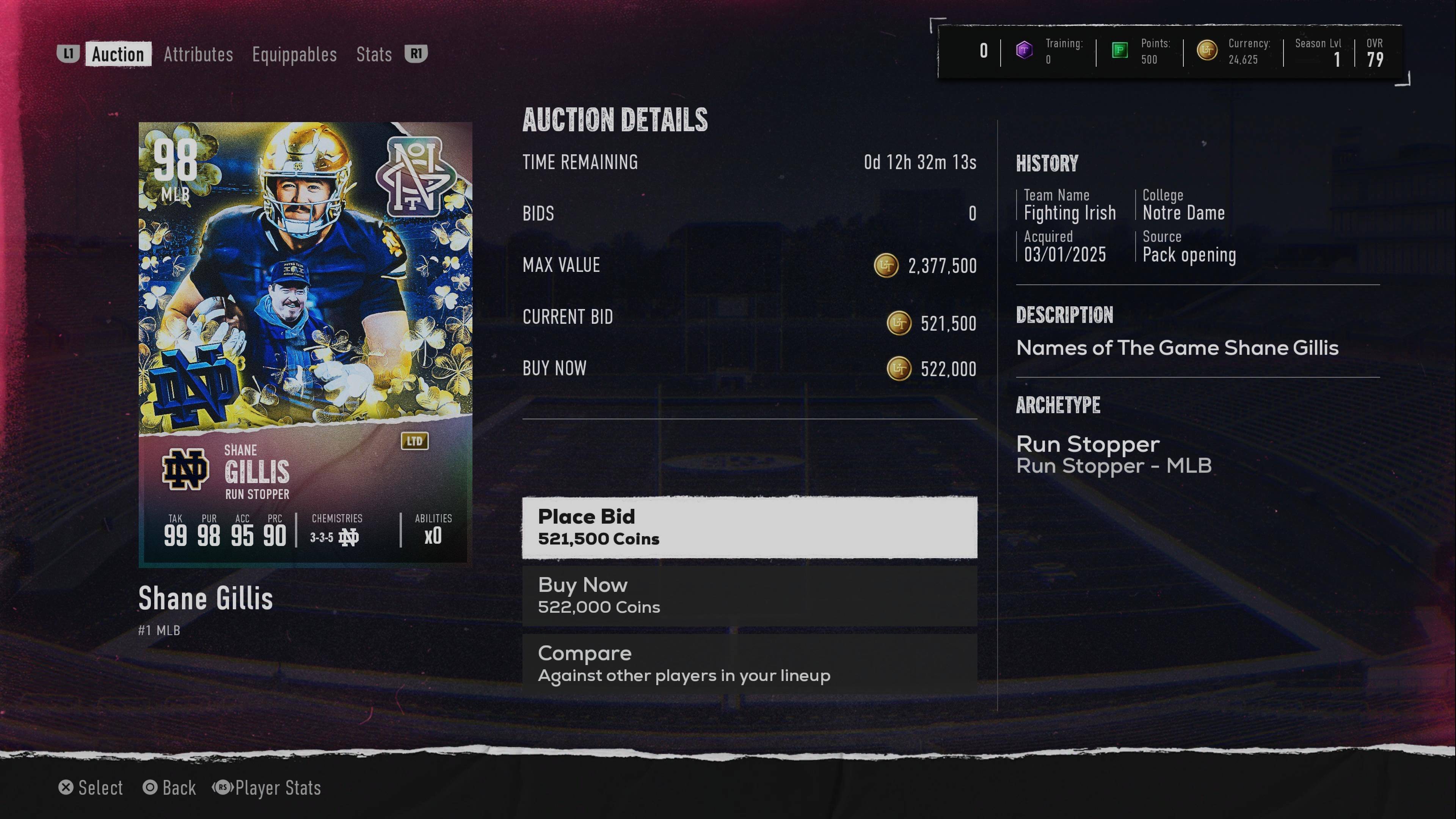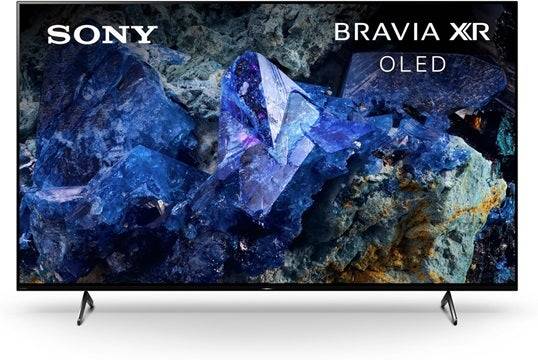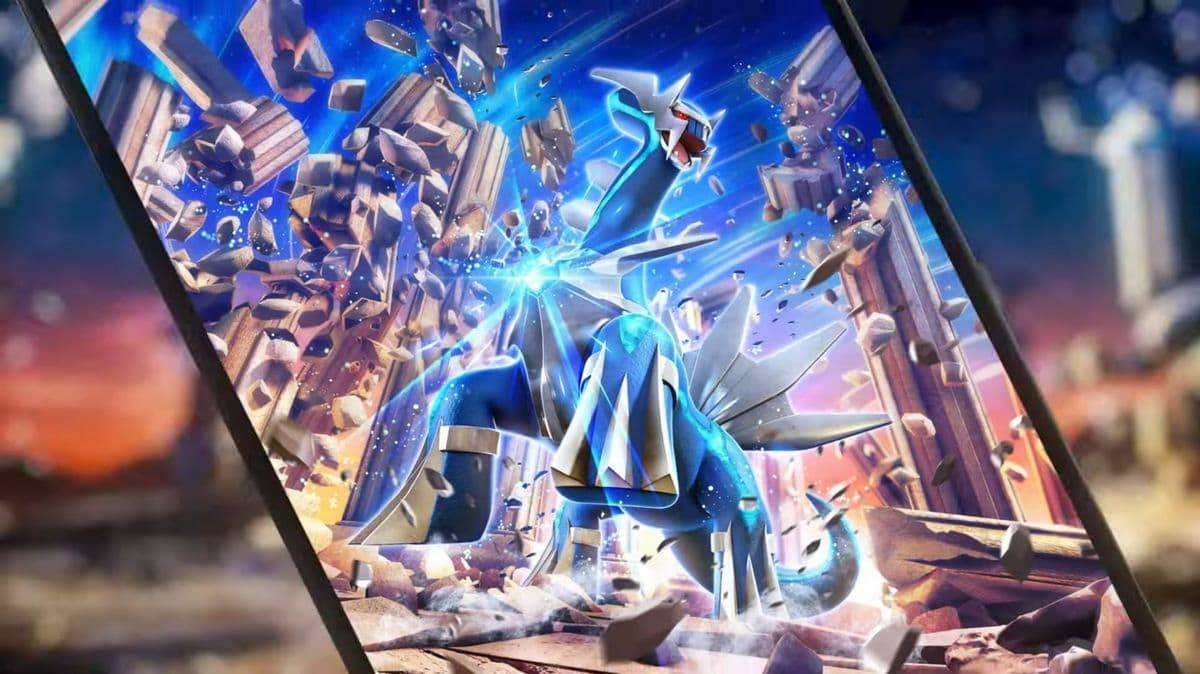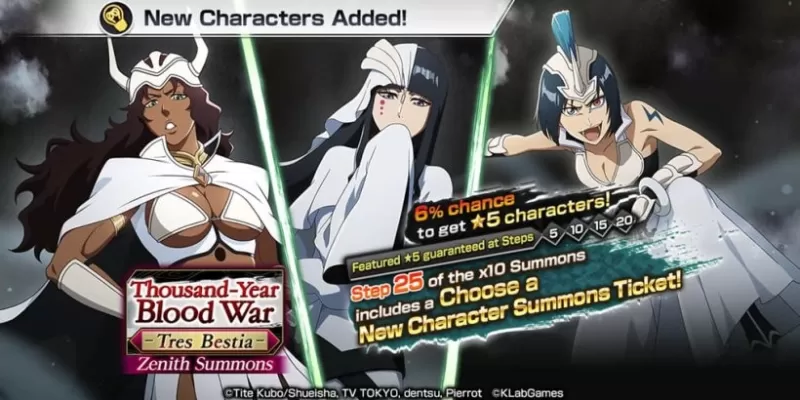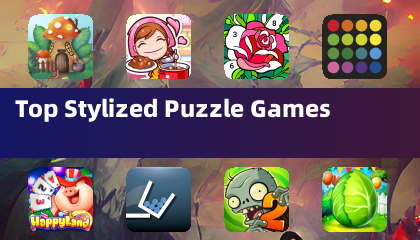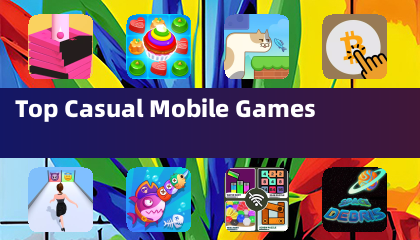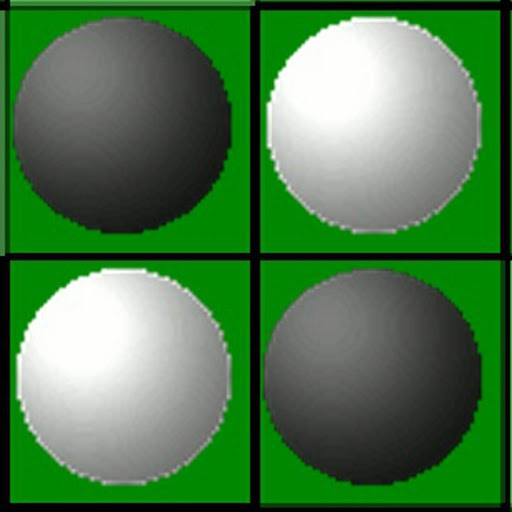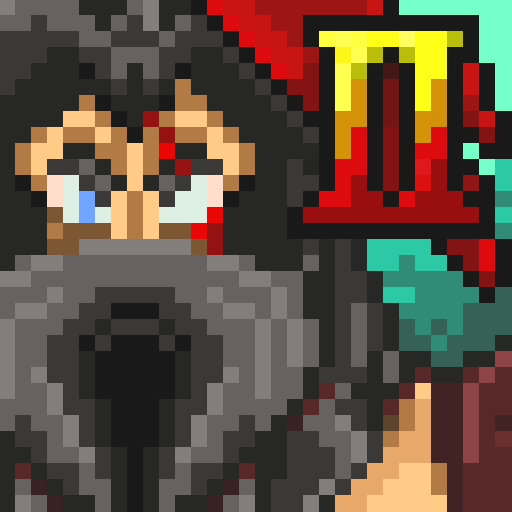Microsoft's recent unveiling of an AI-generated interactive space inspired by Quake II has ignited a robust online debate. Powered by Microsoft's Muse and the World and Human Action Model (WHAM) AI system, the demo dynamically creates gameplay visuals and simulates player behavior in real-time, offering a glimpse into a new era of gaming without a traditional game engine.
Microsoft described the demo as a real-time tech showcase where Copilot generates gameplay sequences reminiscent of Quake II. With every player input, the AI crafts the next moment, creating an immersive and responsive experience. Microsoft encourages players to engage with the demo, share feedback, and contribute to shaping AI-powered gameplay's future.
However, the demo's reception has been mixed. After Geoff Keighley showcased the demo on social media, many voiced their skepticism and dissatisfaction. Some expressed concerns about the future of gaming, fearing that AI-generated content might overshadow human creativity. Critics on platforms like Reddit highlighted potential pitfalls, worrying that studios might prioritize AI for cost-saving over quality, potentially stripping games of their human touch.
Despite the backlash, not all feedback was negative. Some users recognized the demo's potential, viewing it as a stepping stone for future advancements in AI technology. They acknowledged the demo's limitations but praised its capability to generate coherent and consistent worlds, suggesting its value in early concept and pitching phases.
Epic Games' CEO, Tim Sweeney, offered a succinct, if cryptic, response via social media, adding another layer to the ongoing conversation.
The debate over AI in gaming is part of a broader discussion within the entertainment industry, which has seen significant layoffs and increasing use of generative AI. Ethical and rights concerns, coupled with AI's challenges in producing engaging content, have fueled criticism. Recent examples include Keywords Studios' failed attempt at an entirely AI-generated game and Activision's use of AI for some Call of Duty: Black Ops 6 assets, which faced backlash over an AI-generated loading screen.
Additionally, voice actor Ashly Burch recently used an AI-generated video featuring her character Aloy to highlight issues relevant to striking voice actors, further emphasizing the contentious nature of AI in creative industries.
In summary, while Microsoft's AI-generated Quake II demo showcases potential future directions for gaming, it has also sparked a significant debate about the role of AI in the industry, balancing innovation with concerns over creativity and quality.

 LATEST ARTICLES
LATEST ARTICLES 